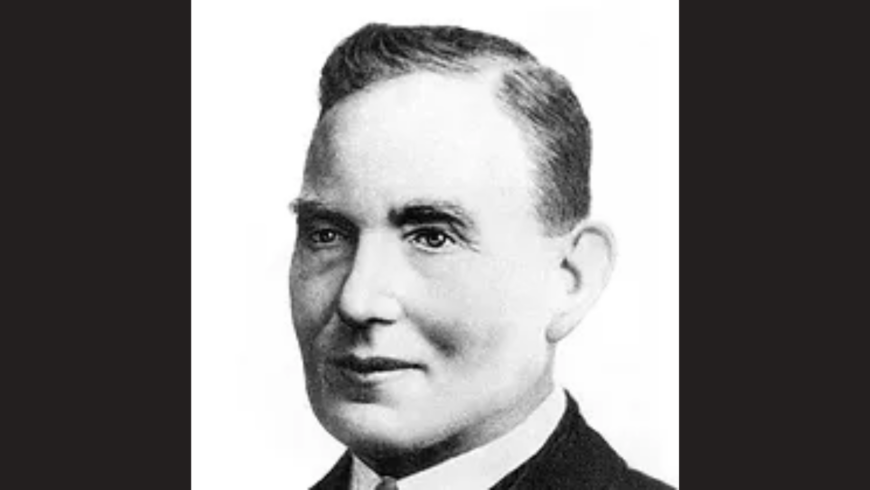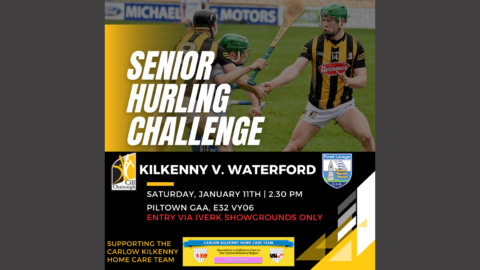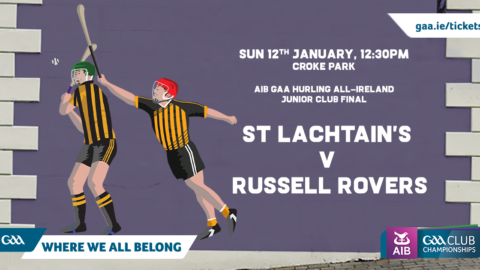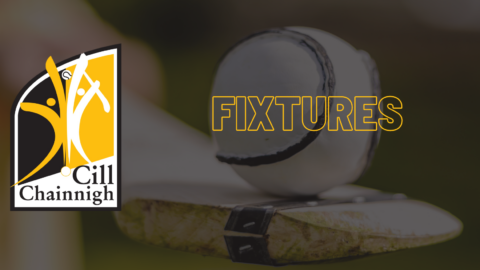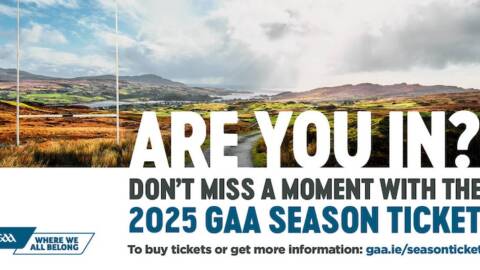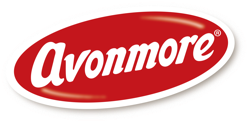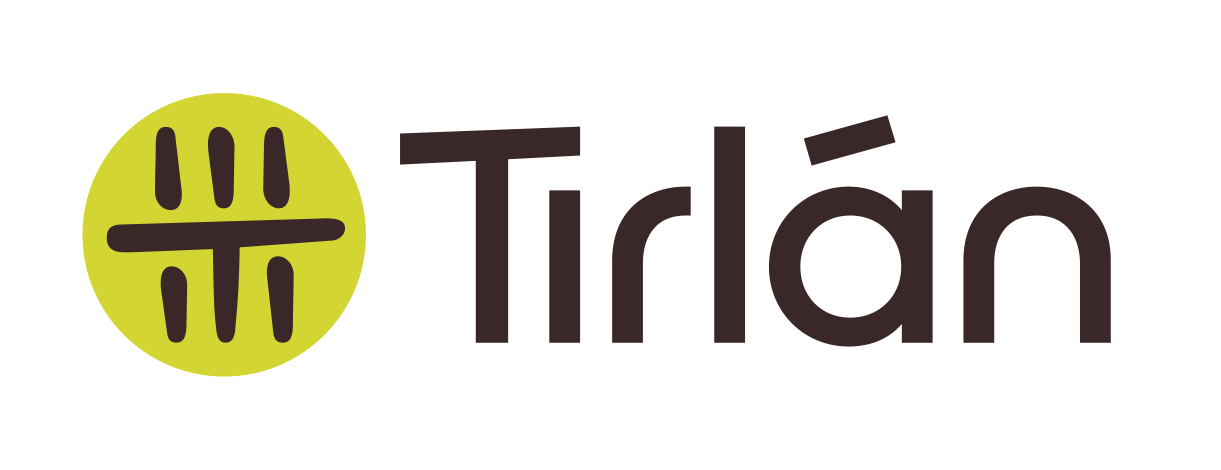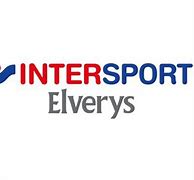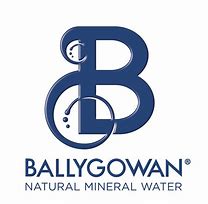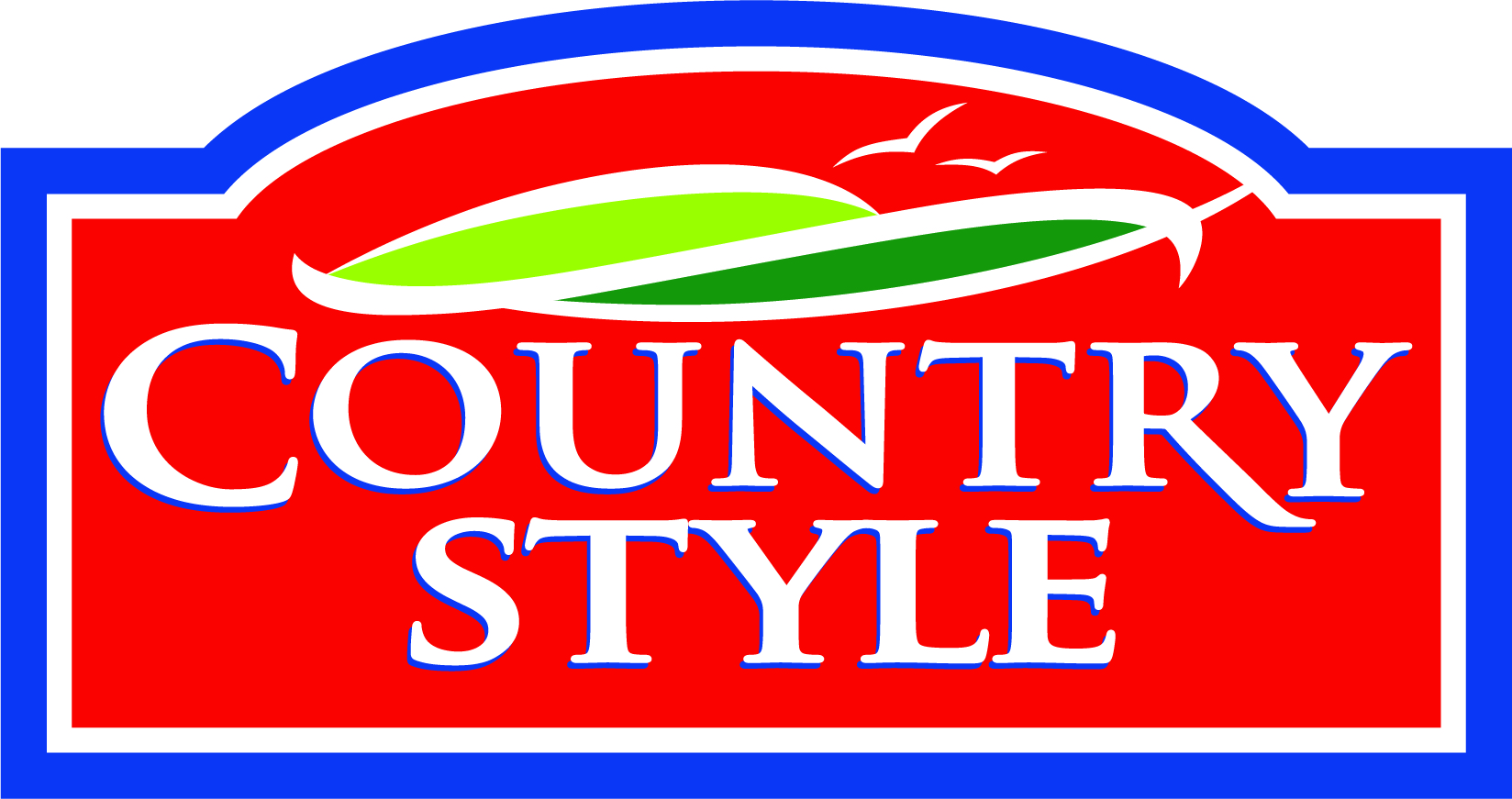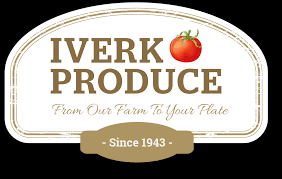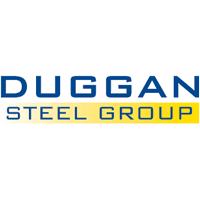On the occasion of the 2024 U20 All-Ireland Hurling Final between Offaly and Tipperary on Saturday the 1st June at UPMC Nowlan Park, a number of events will take place on Saturday to mark the Centenary of the death of James Nowlan.
At 9am, Community Radio Kilkenny City (CRKC) will broadcast a programme with interviews with Jim Walsh and Jim Fogarty.
At 12pm, a “James Nowlan Centenary Talk” hosted by The Saturday Local History Walks and Kilkenny GAA will take place at UPMC Nowlan Park. All are welcome and refreshments will be provided.
Former GAA President, Nickey Brennan, recently sat down with Jim Walsh of Slieverue who, in 2013, authored “James Nowlan – The Alderman and the GAA in his Time” and spent time with Jim discussing the life and times of James Nowlan. Kilkenny GAA would like to extend its gratitude and thanks to Nickey for his time in interviewing Jim (which will be aired on CRKC this Saturday) and for writing the very informative article below.
James Nowlan – A Wonderful Legacy of Service to the GAA and Kilkenny Public Life
By: Nickey Brennan, May 2024
2024 is the one hundred anniversary of the death of James Nowlan, GAA President from 1901 to 1921 and an Alderman on Kilkenny Corporation from 1899 to 1919.
Next Saturday evening in Kilkenny GAA Headquarters, appropriately named Nowlan Park, the 2024 All-Ireland Under 20 Hurling Final will be played between Offaly and Tipperary with the winners receiving the James Nowlan Cup. To commemorate the one hundred anniversary of Nowlan’s death, Kilkenny GAA County Board received approval from Croke Park to host this year’s final. The last time the final was played in Kilkenny was in 2004 with Kilkenny defeating Tipperary, while in 1992 Waterford defeated Offaly after a replay with a bumper attendance in Nowlan Park on all three days.
James Nowlan was the sixth child of Patrick and Catherine Nowlan and was born in Monasterevin in 1862. Patrick had relocated to the Kildare town for a period to continue his work as a cooper in a local brewery. The Nowlan Family returned to Kilkenny in 1870 and James resumed his work with Sullivan’s Brewery.
Patrick Nowlan was a close confidant of James Stephens who founded the Irish Republican Brotherhood (IRB). James Nowlan attended a meeting of the IRB in June 1894 (it was also attended by Jeremiah O’Donovan Rossa) and despite his strong involvement subsequently with the GAA, his loyalty to the IRB remained steadfast.
The British authorities were suspicious of the GAA and its members at that time. While the Association never formally endorsed the IRB, the British authorities continued to monitor the movements of GAA members around the country.
James Nowlan was a member of the Confederation Hurling Club and acted as Secretary for some years in the 1890s. The team was beaten in the 1893 All-Ireland Final (not played until 1894), with Nowlan one of the umpires.
In 1895 James Nowlan played for Commercials Football Club in the All-Ireland series against Pierce O’Mahoney’s from Navan at Jones Road (now Croke Park). This was the only occasion when James Nowlan appears to have played in a competitive game and he received a bad leg injury. Nowlan refereed the 1898 Kilkenny County Hurling Final despite his own club being involved.
The GAA experienced many challenges in its early formative years but James Nowlan was widely recognised as being mainly responsible for the revival of GAA activities in Kilkenny in the aftermath of the difficulties in 1887.
Nowlan worked for a period in Smithwick’s Brewery (1890-1895). He received further training in the Guinness Brewery in Dublin and returned to Smithwick’s in May 1898.
A branch of the Gaelic League which organised Irish Classes, Irish Dancing, History & Folklore, was set up in Kilkenny in April 1887 and while Nowlan was not recorded as being present at the launch, he soon became a regular attendee.
James Nowlan stood as an Independent Labour candidate in the Local Election on the 16/1/1899. He contested the St. John’s Ward and received the second highest number of votes (359) and thus became an Alderman. He was carried up the street behind the St. Patrick’s Brass Band of which he was a founding member. He was elected to Kilkenny Corporation in all subsequent elections until he retired in 1919.
At the GAA Convention of 1899, James Nowlan was elected Vice-President of the Association. Sadly, Nowlan’s mother Catherine died later that year aged 72.
On the 4/11/1901 the Leinster Council was established (the first such Provincial body) and James Nowlan was elected Chairman. He remained as Chairman until 1905 when he stood down.
At the Central Council meeting of the 20/1/1901, which Nowlan chaired (in the absence of the President) he signed the Central Council minutes in his Irish name, the first such time this was stated to have happened.
At a Special GAA Convention held on the 22/1/1901, due to the sudden death of the then President Michael Deering, (Cork), James Nowlan was elected the new President (two other nominees withdrew to enable Nowlan to be elected). Incidentally, at that same Special Convention, Luke O’Toole was elected Secretary. Both Nowlan and O’Toole would leave an indelible mark on the GAA with Nowlan serving 20 years as GAA President and O’Toole serving 28 years as GAA Secretary.
The GAA’s debt (£800) was a big issue at that time. £450 was due to Michael Davitt who had part-funded the American (GAA) Invasion in 1888, Although Davitt waived his claim, Nowlan and O’Toole were lauded for their leadership and advancement of the GAA including dealing with the debt issue.
Nowlan was recorded as having a significant presence at the funerals of James Stephens (on 28/1/1901) and Archbishop Croke, GAA Patron (on 22/7/1902).
In April/May 1904 King Edward VII and Queen Alexandria visited Kilkenny. It was a visit that did not find favour with many of the locals. Despite his role as GAA President, Nowlan is purported to have said, “I don’t think that we, as representing the Catholics of this City in any case, would be doing our duty in having an address to a man who took that blasphemous oath (at his coronation)”. Nowlan is alleged to have arranged for a group of boys to spill buckets of water on the route being travelled by the visitors (in horse drawn carriages) – ‘the hope being that the horses might slip or fall and embarrass the organisers”.
It was also alleged at the time that Patrick Nowlan (James’ father) met the Kilkenny Town Clerk and assaulted him for reading the address of welcome to the Royal visitors.
In 1913 Croke Park was purchased by the GAA from Frank Dineen for £3,500. James Nowlan was one of its first Trustees.
On the 25/11/1912 a large meeting in Dublin was held at which the Irish Volunteers were formed. James Nowlan, the then GAA President, is reported as advising GAA members to join the Volunteers and ‘learn to shoot straight’. However, the GAA did not officially support the Irish Volunteers.
In 1916 an entertainment tax was introduced by the British Government. The GAA sent a delegation, which included James Nowlan, to London to seek an exemption for the GAA. Their efforts failed, but the tax was never subsequently introduced by the British Authorities.
On Easter Sunday 23/4/1916 James Nowlan was in Dublin for the annual GAA Convention. The Easter Rising had commenced and he was forced to seek refuge in the Capital. He was arrested on the 4/5/1916 and brought to Dublin by train and then taken to Richmond Barracks.
On the 12/9/1919 Nowlan was again arrested “for having in his possession a seven-chambered revolver and seven cartridges, contrary to the defence of the Realm Regulations”. He was brought to Victoria Barracks in Cork and detained for 28 days.
Nowlan’s health was now in decline and he retired from his employment. He moved to Dublin to live with his brother John. This allowed him to be closer to the GAA administrative HQ in Croke Park.
Nowlan was challenged for the GAA Presidency in 1920 by Dan McCarthy (Dublin), who was then the Leinster Council Chairman. Nowlan won 33 – 32. However, with his health deteriorating, he resigned as GAA President in 1921 to be replaced by Dan McCarthy.
On his stepping down as GAA President, Nowlan was accorded a rare honour. He became the first ex-officio member of Central Council (effectively a lifetime Vice-President). He was given that honour on a permanent basis and allowed to vote (current GAA Presidents are ex-officio only for one year after they complete their term). It was primarily a ceremonial role, which involved attending events and occasionally accompanying the GAA President.
On the 30/6/1924 James Nowlan died and was buried in Glasnevin Cemetery. The GAA unveiled a special headstone on Nowlan’s grave ten years ago.
In 1927 Nowlan Park was purchased from a Peter Corcoran for £700. Each Kilkenny club was levied with £1, while financial assistance was received from W.T. Cosgrave (President of the Executive Council of the Irish Free State from 1922 to 1932) and from the Leinster Council. The first games were played at the venue on the 17//1928. They included the replay of the 1927 Kilkenny Junior Football County Final between Cotterstown and Conahy and this was followed by the 1927 Kilkenny Senior Hurling Championship Final between Mooncoin and Dicksboro (Cotterstown and Mooncoin were the winners of the two games).
Over recent decades, Nowlan Park has continually been upgraded. It was branded as UPMC Nowlan Park in recent years.
The outstanding legacy of James Nowlan continues to live in Kilkenny GAA’s main County Grounds and HQ and in the naming of the All-Ireland Under 20 Hurling Championship. We fondly remember and honour Kilkenny’s first GAA President on the one hundred anniversary of his death in 1924.
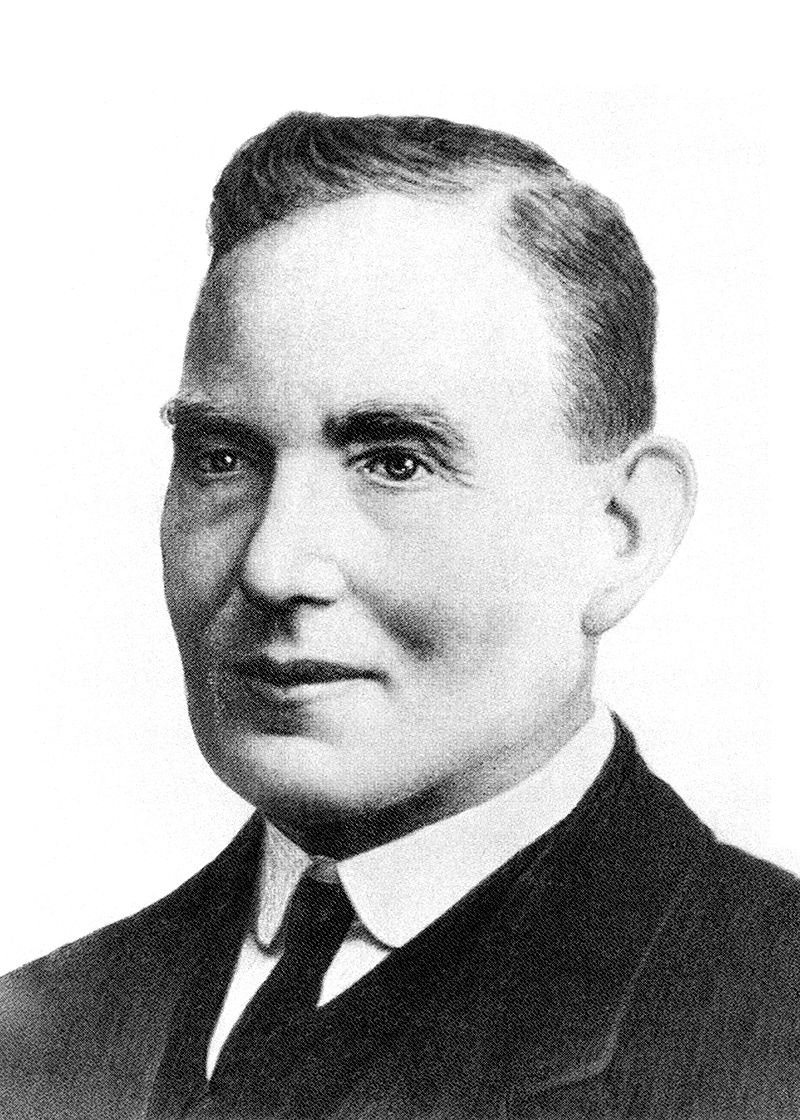

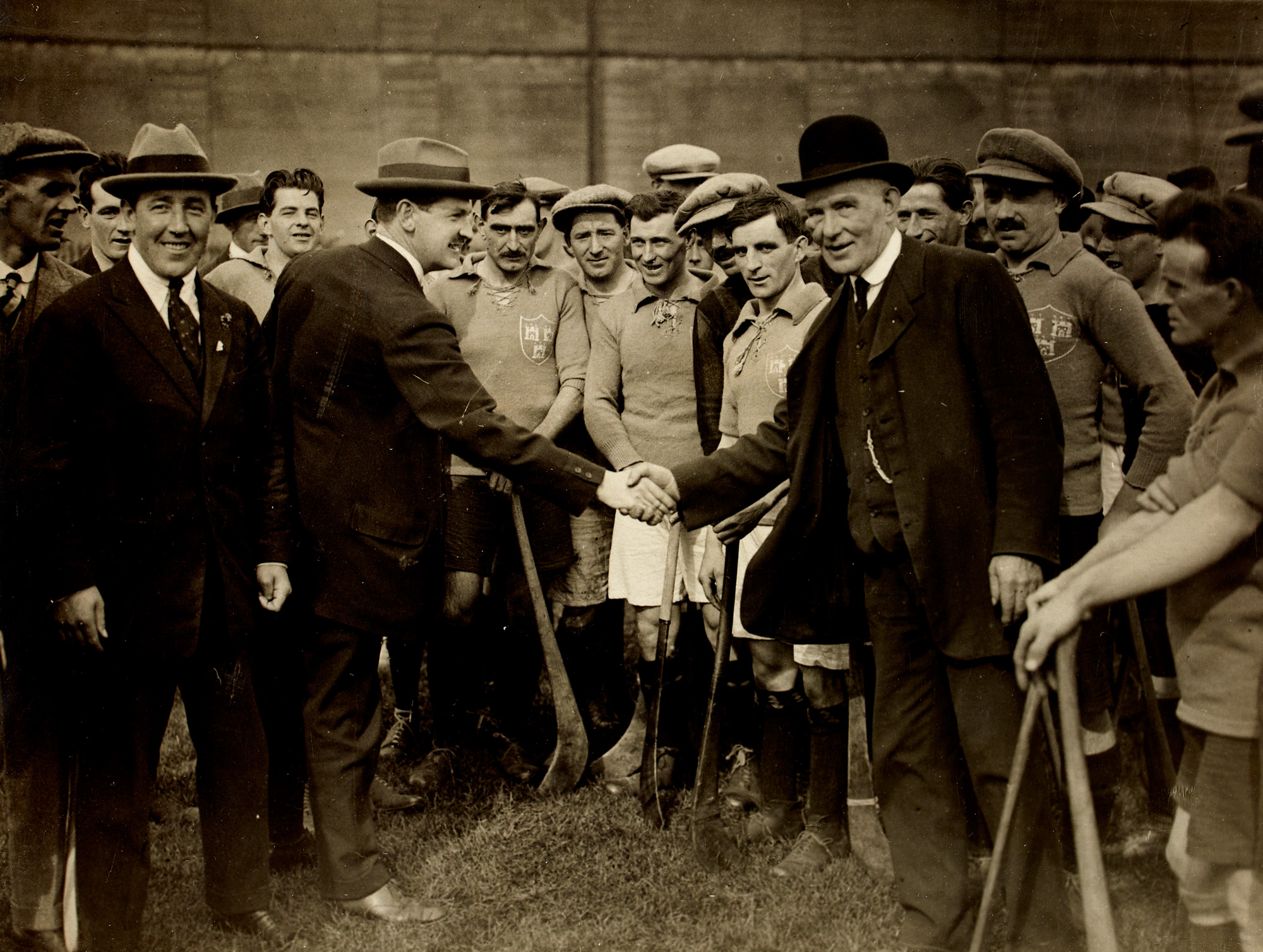
James Nowlan (right – dark suit with bowler style hat) shakes hands with Michael Collins (left) ahead of the 1921 Leinster hurling final

